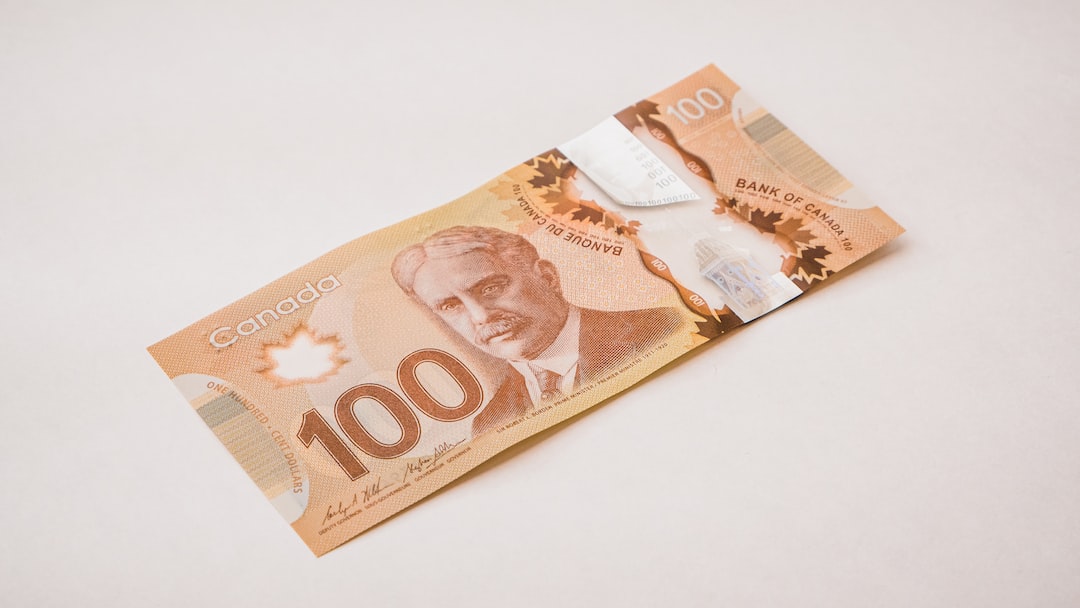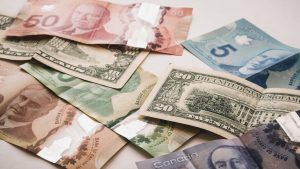The foreign exchange market, or simply forex, is a decentralized global market where currencies are traded. It is the largest and most liquid financial market in the world, with a daily trading volume of over $5 trillion. Forex trading involves the buying and selling of currencies with the aim of making a profit from the exchange rate fluctuations.
Unlike other financial markets, the forex market operates 24 hours a day, five days a week, across different time zones. The forex market is not centralized and does not have a physical location. Instead, it is operated through a network of banks, financial institutions, and individual traders who use electronic communication networks (ECNs) to connect and trade currencies.
The forex market is unique because it is not based on a single currency, but rather a pair of currencies. For example, the EUR/USD pair represents the exchange rate between the euro and the US dollar. The value of a currency pair is determined by the supply and demand for each currency. If there is a high demand for the euro, its value will increase relative to the US dollar. Conversely, if there is a high demand for the US dollar, its value will increase relative to the euro.
Forex trading is typically done through a forex broker, who acts as an intermediary between the trader and the market. The broker provides the trader with a trading platform, which is a software application that allows the trader to execute trades, view charts, and access market data. The trader deposits funds into their trading account, which they can use to buy and sell currencies.
Forex trading involves two types of orders: a buy order and a sell order. A buy order is used when the trader believes that the value of a currency pair will increase. A sell order is used when the trader believes that the value of a currency pair will decrease. The trader can also use leverage, which is essentially borrowing money from the broker to increase the size of their position. This allows the trader to potentially make larger profits, but also increases the risk of losing money.
Forex trading is influenced by a variety of factors, including economic and political events, monetary policy decisions, and market sentiment. For example, if the US Federal Reserve announces an interest rate hike, this can cause the value of the US dollar to increase relative to other currencies. Similarly, if there is political instability in a country, this can cause its currency to decrease in value.
Forex trading is not without risks. The market can be volatile, and sudden changes in currency values can lead to significant losses. Traders need to be aware of the risks and have a solid understanding of the market before investing their money. It is also important to use risk management strategies, such as setting stop-loss orders, to minimize potential losses.
In conclusion, the forex market is a complex and dynamic financial market that provides opportunities for traders to make profits from currency exchange rate fluctuations. It is the largest and most liquid financial market in the world, operating 24 hours a day, five days a week. Forex trading involves buying and selling currency pairs through a broker, and is influenced by a variety of economic, political, and market factors. While forex trading can be profitable, it is important for traders to understand the risks and use risk management strategies to minimize potential losses.





